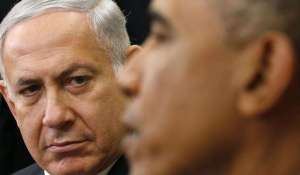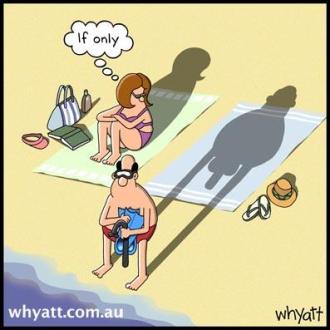This article was first published in 2009. It is based on my experience prior to 1976. The content still is very relevant to the modern Iran. Lots of things have changed in Iran since 2009. Now, after over 40 years, I yearn to go back for another summer in Iran. If I could find, I wish to sit at his grave and think of all the great times I had touring his ancient city. I still remember his face as though it was just yesterday.
“A recent article by Roger Cohen, International Herald Tribune published: March 15, 2009, “Iran, Jews, and pragmatism” reminds me of the pre-1979 period. The following is my close association during 1976 with one educated Iranian and his family in Tehran.
The last time I toured Iran was summer 1976. My intention was to see the country as it was, not as it was portrayed by the Western Press, or by the Shah’s regime. In contrast to the usual tourists, I had already seen the grandeur of the Iranian past in Persepolis and great mosques in Esfahan.
My teaching job allowed me to spend part of my summer vacation touring unusual places, this time was Tehran. I met Oscar (Asgher) through another American in Tehran. Oscar, a Tehrani, was a high school English teacher in one of Tehran’s schools. He wanted to practice his English and earn a few dollars, and I needed a tour guide to see Tehran.
Iranian Revolution: Rich and the Poor
Oscar was mid-forties and like most Iranians had a large built, round head, and big almond brown eyes. His chocolate brown hair was receding and showed signs of early baldness. He was not married and lived with his parents and one sister in a two-room house. He appeared good natured, shy and very polite.
I met his family, the father suffered from eye disease and until recently worked a small grocery store not too far from their house. The family had no medical insurance and nothing to call savings. His disability forced him to sell the store and retire. Oscar called him Agha. The entire family lived on Oscar’s monthly income of less than $40, equivalent Iranian money during 1976, from his teaching position.
Oscar’s mother had fair skin, plump, short, and a good natural smile. Her head was often covered with a scarf just over her glasses. Oscar called her Khanom. She appeared to be busy, going and coming. Oscar said his sister, Zee Nat was mentally sick. She was a second-year student at Tehran University when she started to hear voices. She was studying to become a teacher too. Zee Nat had been in public mental hospital several times before. She appeared to be mid-thirties, very thin, visibly shy and avoiding all eye contacts. The Oscar’s family was Muslim. The only evidence of any religion was portraits, a man dressed in an Arabic garb, and the other the picture of a woman. Oscar told me those are Ali, a saint to all Shia Muslims, and Merriam the mother of Jesus.
Oscar’s family home was in one of the many narrow streets in a region called Pa-Menar. The region was a walking distance south of the Old Iranian Parliament (Majlis). The house was very old, 12 feet tall ceilings, heavy doors with small window panes. The yard was relatively large and it was paved with large worn out bricks. It was void of any plants except a large bush. In the center of the yard, around pond had several goldfishes. Oscar told me that the toilet was typical of the bathroom in old Tehran. It was mostly a large hole in the ground.
The house did not have a typical kitchen except a narrow covered space, no benches or cooking table, and for cooking it was furnished with only one simple kerosene gas burner. The family’s only source of water was a deep water storage cavern (cistern) below the structure. Oscar said that the water tank was filled with rain and snow water during fall, winter, and spring.
My focus this time was Tehran, the area around the great Bazaars, and Shehre’ Reye. These sections of the city were untouched by the modernity; a reminder of the great disparity in the distribution of the wealth among the people. These southern parts of the city were home to the majority of the people crowded into very small quarters, narrow streets. Majority of these people were deprived of the most basic essentials of life. Iranian revolution, 1979, was a consequence of the misery of these Iranian people. Iran was a bipolar society, the very rich and many very poor people. After the revolution, many of the rich left Iran for places like Los Angles, still living in multi-million dollar Mc-mansions.
Roger Cohen states: “Exile, expropriation and, in some cases, executions have left bitter feelings among the revolution’s Jewish victims, as they have among the more than two million Muslims who have fled Iran since 1979.” These are mostly the rich who left Iran carrying their wealth and money stashed outside of the country. They lost their lavish lifestyle on the back of the poor working class Iranians.
I spent most of my two months of the summer with Oscar touring Tehran and some of the villages nestled in the mountain region. I kept correspondence with Oscar for years, hoping that someday he could visit me in the United States. Oscar passed away 6 years ago from lung cancer.
Iran has greatly advanced since 1976. The pictures of new Tehran show how this old city has changed during this short span of 30 years. The following article: Why the Islamic Republic Has Survived by Ervand Abrahamian, describes some of the changes in Iran since 1979. Now, after so many years, I yearn to go back for another summer in Iran.”
First published: 2009

